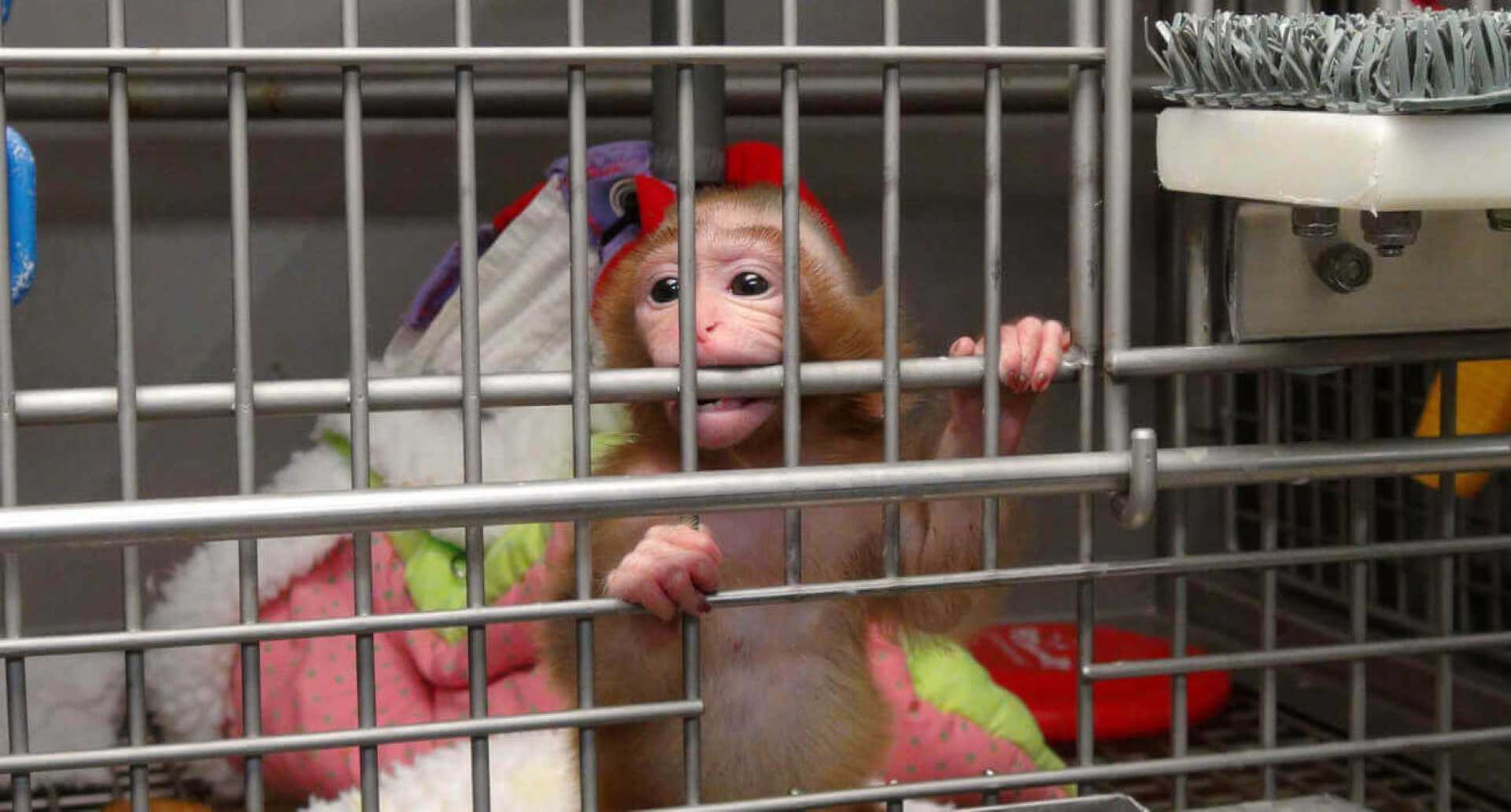Health
NIH Ends Animal Research Proposals, Emphasizes Human-Based Methods

Washington, D.C. – In a historic move, the U.S. National Institutes of Health (NIH) announced today that it will no longer seek research proposals exclusively for projects involving animals. All new agency funding opportunities will now include language on nonanimal methods.
This change follows an initiative the NIH announced in April aimed at prioritizing human-based research technologies. The announcement was made during a groundbreaking Workshop on Reducing Animal Testing, co-hosted by the U.S. Food and Drug Administration.
Previously, the NIH encouraged researchers to design projects that involved animals. The nonprofit Physicians Committee for Responsible Medicine, which has been urging the NIH to stop this practice, praised the agency for its new announcement.
NIH Director Dr. Jay Bhattacharya‘s commitment to move away from animal use and focus on human biology supports this broader shift in the NIH’s research priorities. The workshop featured a significant message from FDA Commissioner Dr. Martin A. Makary, who highlighted the urgency of shifting from animal testing.
“We have to respect animals,” said Dr. Makary. “This workshop is about reducing animal testing in every way we can while safeguarding public health.”
The Physicians Committee has long advocated for prioritizing human-based models in federal research funding, pushing for the removal of default animal testing requirements and increased support for in vitro and computational tools. Today’s policy change is attributed to strong leadership within the NIH, particularly from Deputy Director Dr. Nicole Kleinstreuer.
“Those of us who’ve had the privilege of working with Dr. Kleinstreuer know just how deeply committed she is to transforming toxicology and biomedical research,” said Dr. Shagun Krishna. “She has worked tirelessly for years to bring this change to life.”
From now on, all new NIH funding opportunities will emphasize nonanimal methods (NAMs). “NIH will no longer seek proposals exclusively for animal models,” said Dr. Kleinstreuer. “We are very well placed to move away from animal-based models.”
This transformation marks a significant shift in how biomedical research is funded and conducted. Dr. Kleinstreuer explained that it’s about building the policy and infrastructure needed for sustainable adoption of nonanimal methods.
The significance of this shift extends beyond science, reflecting an ethical responsibility. “Animals were not created to be tortured,” Dr. Makary stressed, a powerful recognition that resonated during the event.
This change sends a clear message to the research community: The future of science lies in methods that reflect human biology, disease, and outcomes. “NIH has made it clear that the future of research is not only humane, it’s more effective. And with today’s announcement, countless animals will be spared needless suffering in labs,” added Dr. Krishna.
The Physicians Committee stands ready to support this transition through collaboration, leadership, and policy reform.












